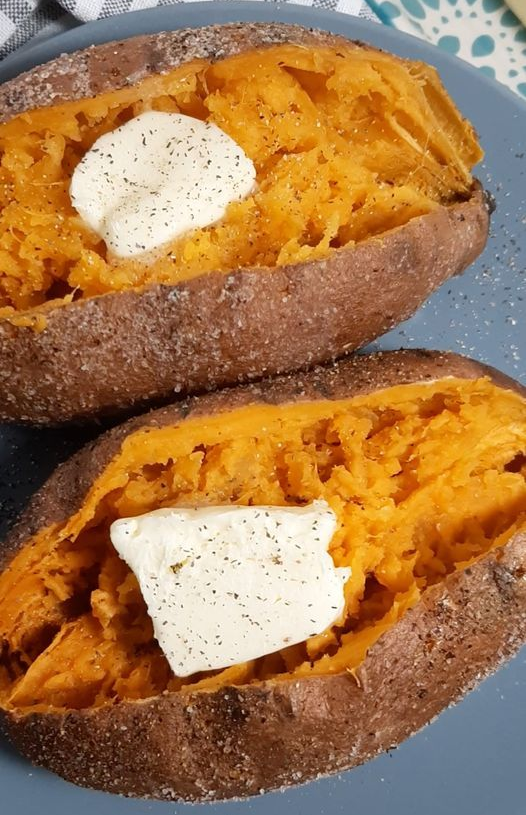Gut Health:
Plant-based diets are often associated with improved gut health due to the high fiber content from fruits, vegetables, and whole grains. A healthy gut microbiome is linked to better digestion and overall well-being.
Anti-Inflammatory Properties:
Many plant-based foods have anti-inflammatory properties, which can help in reducing inflammation in the body. Chronic inflammation is associated with various health issues, and a vegan diet may contribute to its prevention.
Sports Performance:
Contrary to the misconception that vegan diets lack protein, many successful athletes follow plant-based diets to enhance their performance. Plant-based proteins can support muscle building and recovery.
Reduced Risk of Foodborne Illnesses:
Plant-based diets eliminate the risk of foodborne illnesses associated with the consumption of undercooked or contaminated animal products.
Economic Impact:
A vegan diet can be more economical as plant-based protein sources tend to be cost-effective compared to some animal products. It may be a budget-friendly option for individuals or families.
Mindful Eating:
Adopting a vegan lifestyle often promotes mindful eating. Being more conscious of food choices and sources can lead to a healthier relationship with food and a greater appreciation for the environmental impact of dietary decisions.
Preservation of Biodiversity:
The expansion of animal agriculture often leads to habitat destruction and loss of biodiversity. Choosing a vegan diet supports the preservation of ecosystems and the protection of various species.
Culinary Diversity:
Veganism introduces individuals to a diverse range of cuisines and ingredients from around the world. Exploring plant-based cooking can be a culinary adventure, embracing flavors and techniques from different cultures.
Reduced Antibiotic Resistance:
The use of antibiotics in animal farming contributes to the rise of antibiotic-resistant bacteria. Opting for a vegan diet can be a way to reduce the demand for such practices and promote responsible antibiotic use.
Cruelty-Free Beauty and Personal Care:
Veganism extends to beauty and personal care products. Choosing cruelty-free, vegan alternatives ensures that your lifestyle aligns with ethical choices beyond just dietary preferences.
Embark on a culinary journey with this quick and convenient method for crafting perfectly tender and flavorful sweet potatoes right in the microwave. Ideal for those moments when time is of the essence, and hunger is calling, this vegan-friendly recipe showcases the versatility of the humble sweet potato. With just a few simple steps, you can transform these nutrient-packed root vegetables into a delectable and wholesome dish that’s both satisfying and effortlessly prepared.
Glistening with the promise of a mouthwatering outcome, our microwave sweet potatoes come to life with the addition of creamy vegan butter, imparting a rich and luscious flavor to every bite. The convenience of this cooking technique ensures that even the busiest individuals can savor the wholesome goodness of sweet potatoes without sacrificing taste or nutrition.
This culinary endeavor is not merely about speed but also about embracing a mindful approach to plant-based cooking. From washing the sweet potatoes to the final drizzle of vegan butter, each step is an opportunity to connect with the ingredients and appreciate the simplicity of creating a nourishing meal. So, whether you’re a seasoned chef or a kitchen novice, join us in unlocking the full potential of sweet potatoes with this microwave method, where ease and exquisite flavors seamlessly converge.
Vegan Sweet Potatoes in the Microwave

Sweet potatoes are super versatile, healthy, and flavorful, and if you’ve been wondering how to microwave a sweet potato and get it cooked, ready to be put to use, you’ve come to the right place, It actually takes just a few minutes to microwave a sweet potato and transform it into a delicious side or snack.
Ingredients:
- 1-2 sweet potatoes
- Olive oil (optional)
- Salt (optional)
- Vegan butter
Instructions:
- Wash the Sweet Potatoes:
- Scrub the sweet potatoes thoroughly under running water to remove any dirt. You can use a vegetable brush if necessary.
- Poke Holes:
- Use a fork to poke several holes all around each sweet potato. This helps steam escape and prevents the potatoes from bursting.
- Wrap in Damp Paper Towel (Optional):
- If you want to keep the sweet potatoes moist, you can wrap them in a damp paper towel. This is optional, but it can prevent the potatoes from drying out.
- Place in Microwave-Safe Dish:
- Put the sweet potatoes in a microwave-safe dish. Make sure they have some space around them.
- Microwave:
- Microwave the sweet potatoes on high for about 5-10 minutes, depending on the size and power of your microwave. Check for doneness by inserting a fork into the thickest part. The fork should go in easily.
- Rotate and Flip (Optional):
- If you are microwaving multiple sweet potatoes, halfway through the cooking time, rotate and flip them to ensure even cooking.
- Add Vegan Butter:
- Once the sweet potatoes are cooked, carefully remove them from the microwave. Cut them open, and add a generous amount of vegan butter to each potato. Use a fork to mash the butter into the flesh.
- Rest and Check Doneness:
- Let the sweet potatoes rest in the microwave for a few minutes after cooking. This allows them to finish cooking through residual heat. Check for doneness again by inserting a fork.
- Serve:
- Once the sweet potatoes are tender, carefully remove them from the microwave. If you’d like, you can cut them open and fluff the insides with a fork.
- Optional Seasoning:
- Drizzle with a bit of olive oil, sprinkle with salt, or add your favorite vegan toppings for extra flavor.
